Bundle

AQA GCSE Psychology: Psychological Problems Topic Bundle
This contains all 14 lessons in the Psychological Problems topic for AQA GCSE Psychology. It also contains a Homework booklet, a Starter booklet and the entire Development Workbooklet.
An introduction to mental health. How the incidence of significant mental health problems changes over time
Characteristics of mental health, eg positive engagement with society, effective coping with challenges.
Cultural variations in beliefs about mental health problems.
Increased challenges of modern living, eg isolation.
Increased recognition of the nature of mental health problems and lessening of social stigma.
Effects of significant mental health problems on individuals and society
Individual effects, eg damage to relationships, difficulties coping with day to day life, negative impact on physical wellbeing.
Social effects, eg need for more social care, increased crime rates, implications for the economy.
Characteristics of clinical depression. Differences between unipolar depression, bipolar depression and sadness.
The use of International Classification of Diseases in diagnosing unipolar depression: number and severity of symptoms including low mood, reduced energy levels, changes in sleep patterns and appetite levels, decrease in self-confidence.
Theories of depression. Interventions or therapies for depression
Biological explanation (influence of nature): imbalance of neurotransmitters, eg serotonin in the brain.
Psychological explanation (influence of nurture): negative schemas and attributions.
Use of antidepressant medications.
Cognitive behaviour therapy (CBT).
How these improve mental health, reductionist and holistic perspectives. Wiles’ study of the effectiveness of CBT.
Characteristics of addiction. The difference between addiction/dependence and substance misuse/abuse.
The use of International Classification of Diseases in diagnosing addiction (dependence syndrome), including a strong desire to use substance(s) despite harmful consequences, difficulty in controlling use, a higher priority given to the substance(s) than to other activities or obligations.
Theories of addiction. Interventions or therapies for addiction
Biological explanation (influence of nature): hereditary factors/genetic vulnerability. Kaij’s twin study of alcohol abuse.
Psychological explanation (influence of nurture): Peer influence.
Aversion therapy.
Self-management programmes, eg self-help groups, 12 step recovery programmes.
How these improve mental health, reductionist and holistic perspectives.
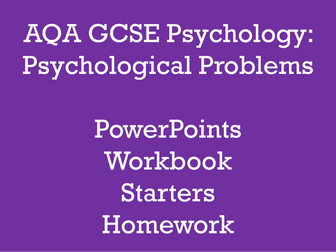
![A-Level Psychology - THE HUMANISTIC APPROACH [Approaches in Psychology]](https://l.imgt.es/resource-preview-imgs/d73aed87-9dc6-4ae3-bb73-8c1a9277a951%2FScreenshot20240401110320.crop_967x726_2%2C0.preview.png?profile=res-img-med-legacy-v2)

![A-Level Psychology - THE PSYCHODYNAMIC APPROACH [Approaches in Psychology]](https://l.imgt.es/resource-preview-imgs/a0b1e331-f96c-46a0-983b-eb51e09c8469%2Fl7app.crop_831x623_2%2C0.preview.png?profile=res-img-med-legacy-v2)

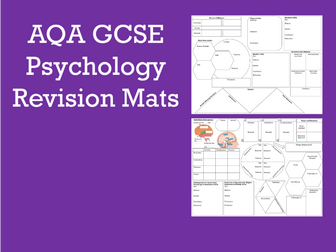

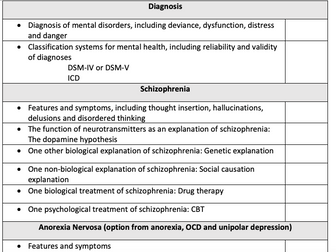

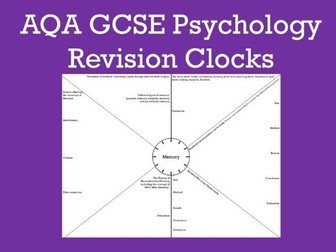
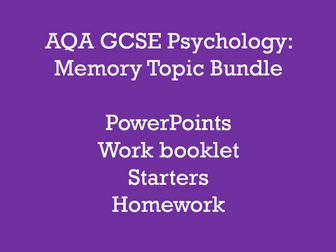
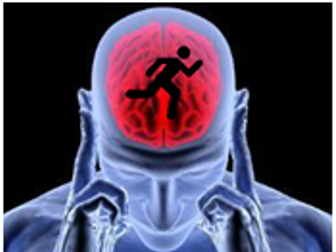

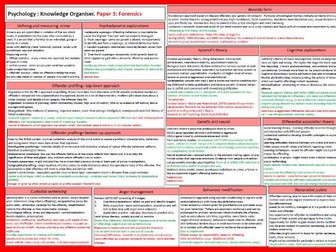

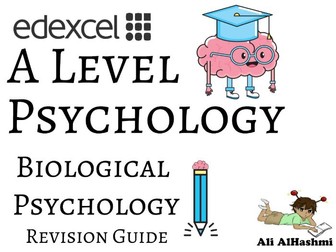

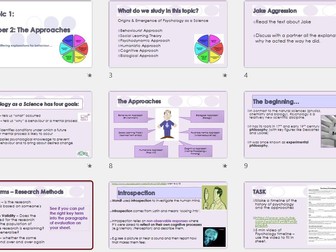


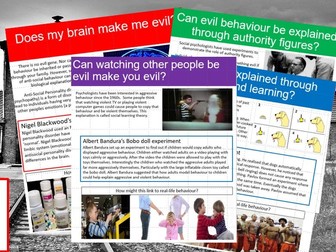

![A-LEVEL PSYCHOLOGY - YEAR 2 RESEARCH METHODS IN PSYCHOLOGY [COMPLETE TOPIC]](https://l.imgt.es/resource-preview-imgs/7009d55b-ac2d-44ba-986d-354731950b50%2Fyear2rmbundle.crop_1599x1200_0%2C0.preview.jpg?profile=res-img-med-legacy-v2)
![A-Level Psychology - COGNITIVE EXPLANATIONS FOR OFFENDING BEHAVIOUR [Forensic Psychology]](https://l.imgt.es/resource-preview-imgs/0f59e7e3-e83b-46ca-8adf-ce1a64998338%2Fl7fp.png?profile=res-img-med-legacy-v2)
